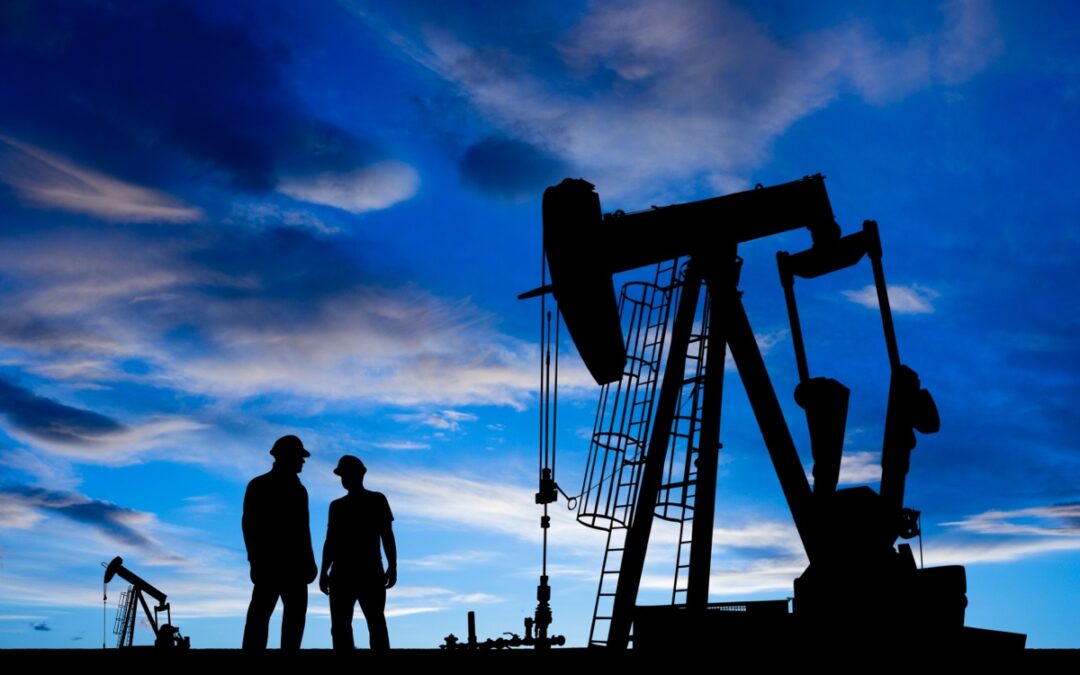For any oil and gas product to make it to market, a complex and colossal effort must be undertaken by thousands of petroleum professionals. The work of these professionals is finely orchestrated and highly collaborative, and they often wear several hats throughout the project’s lifecycle, depending on evolving needs.
In this article, we will look at three important professional roles in the oil and gas industry: Oil and Gas Project Management, Petroleum Engineering, and Wellsite Supervision & Frac Monitoring. We will explore why those roles are essential to operations and what it takes to excel in those positions.
Oil and Gas Project Management
Oil and gas projects are notoriously complex. For drilling and completions projects to be successful, several companies and numerous points of contact must be involved. Without competent project management, this can often result in disorganization, which can affect timeline goals, production rate, and quality. It is the role of project management to safeguard the assets and deliver peak production rates and reserve quality during every stage of the oil and gas project. Whether they’re managing conventional wells or complex multi-laterals, project management teams in the oil and gas industry combine trusted experience, proven technologies, innovative products, and custom infrastructure to enhance production performance and ensure that hydrocarbon businesses receive the most value for their bottom line.
Engineering
In the oil and gas industry, specialized engineers collaborate with geologists and other experts to develop reservoirs and recover hydrocarbons. Arguably, the efforts of these engineering professionals have the greatest overall impact on the financial viability of each operation. Petroleum engineers must possess knowledge relating to a variety of different disciplines such as geology, geophysics, drilling, and economics. Drilling and completions engineering, recompletions engineering, production engineering and reservoir engineering are all essential subtypes of engineering; they are all necessary during the course of oil production. Ultimately, production achievement depends on the experience and innovation brought to each site by the engineering team involved.
Wellsite Supervision and Frac Monitoring
Wellsite supervision and frac monitoring are two aspects of field supervision, which involves overseeing the daily operations of oil and gas locations and production facilities. To be effective, wellsite supervision teams must be safety conscious and highly technically qualified. They must also possess strong problem-solving and planning skills, and be adept at managing personnel. In addition, frac monitoring personnel must strategically employ innovative, dependable technology to deliver timely, relevant, and reliable analytics about the status of the frac site and the surrounding geology. By investing in first-rate wellsite supervision and frac monitoring personnel, hydrocarbon businesses can be confident that their project will enjoy higher recovery rates, increased production, and fewer disruptions or safety hazards.
Comprehensive Energy Services
In order to be effective, project management, engineers, supervisors and monitoring teams must all work together collaboratively. Even though there are unique skillsets and contributions associated with each role, it is only through the orchestrated efforts of these professionals that successful oil and gas production can ever be achieved.
At Yellowstone Industries, we believe that for oil and gas operations to achieve optimal production, they must be supported by teams of dedicated and experienced professionals. That is why, for over 60 years, we at Yellowstone have committed to excellence in oil and gas project management, wellsite supervision and fracturing monitoring, and petroleum engineering.
If you would like to learn more about how these and other Energy Services may benefit your business, please contact us today.

